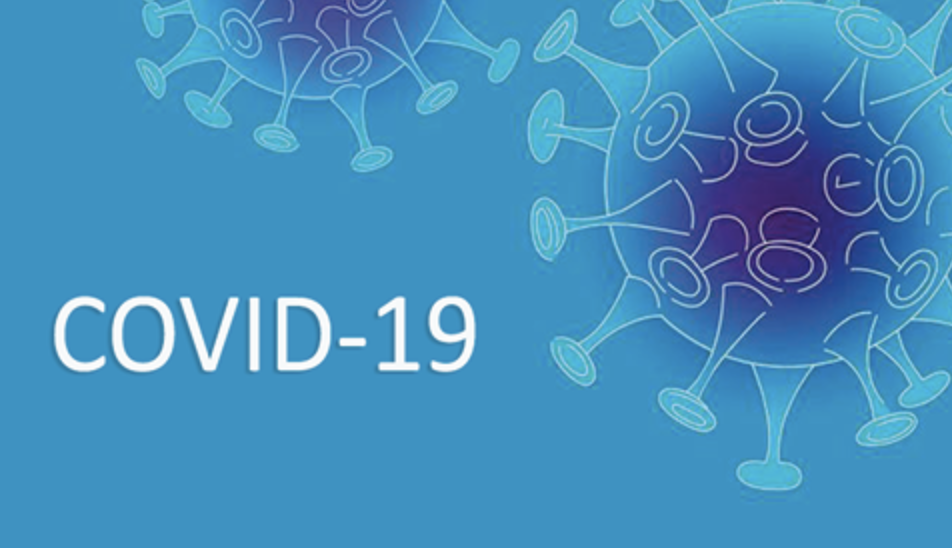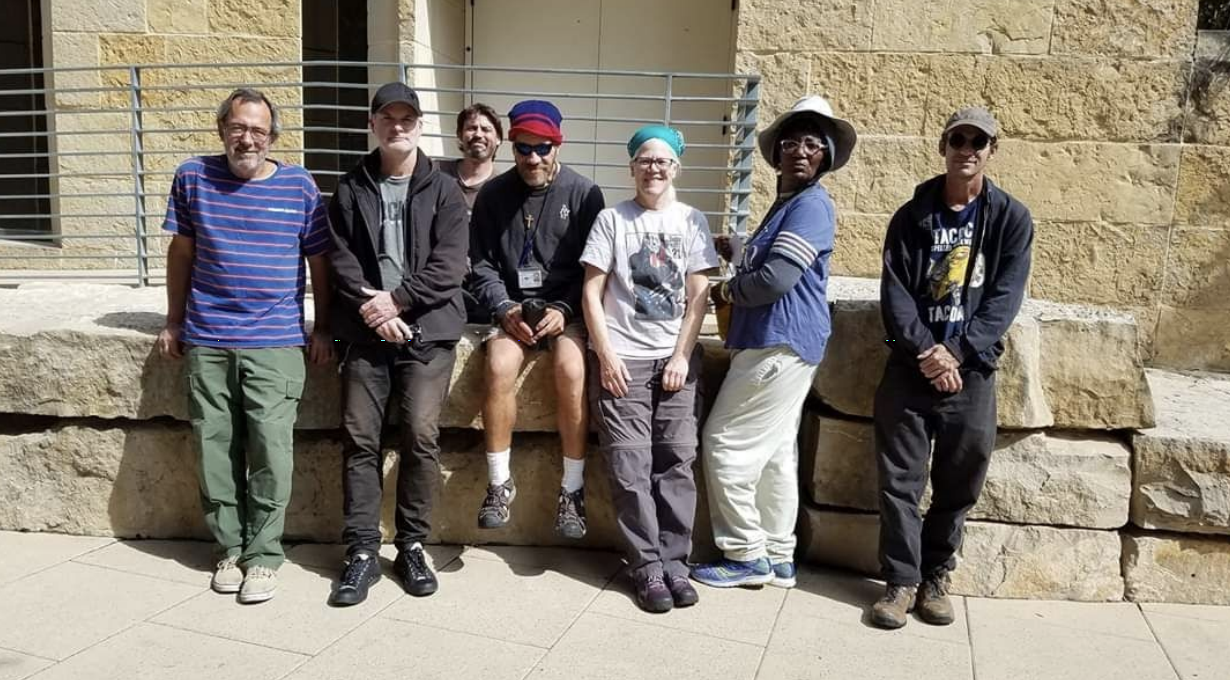(By KAYLEE MARQUEZ)
The COVID-19 pandemic and the City of Austin’s response to it have greatly impacted Rachel Patterson’s mental health.
She used to see her friends nearly every day, but now, she has little social interaction with them. She was unable to attend in-person classes after spring break during the most recent semester at Vandegrift High School. During that time, she lost her job as an expo in a restaurant when it shut down its dine-in services. Before recently finding a new job once restaurants started to reopen, Patterson, 17, summed up how she’s been feeling.
“I have a lot more days now where I’m unhappy and just sick of everything and unmotivated,” Patterson said, “The shelter-in-place order took away some of the best aspects of my life – now, I feel sort of purposeless.”

Patterson is not alone in her experience. Across the United States, people have experienced declines in mental health due to COVID-19.
According to a study conducted by researchers at San Diego State University and Florida State University, there has been a significant increase in mental distress in adults since COVID-19 started becoming more widespread in the United States. They found that 70.4% of adults have experienced mental distress during the pandemic, which is three times higher than normal.
In addition, the Disaster Distress Helpline has reported a drastic increase in calls due to COVID-19. The helpline provides mental health support and crisis counseling to people impacted by disasters, including the COVID-19 pandemic.
“During March 2020, the Disaster Distress Helpline saw a 338% increase in call volume compared with February 2020,” Frances Gonzales said in an article published by The Hill last April.
According to Gonzales, callers “express[ed] feelings of isolation and interpersonal concerns related to social distancing, as well as financial concerns.”
COVID-19 has undoubtedly had a profound impact on adults’ mental health, but it has also affected teenagers.
Asha Karmakar, 16, is a rising senior in high school who was getting ready to apply to colleges while also preparing for Advanced Placement (AP) exams. However, the COVID-19 pandemic disrupted this process.
“I feel really down thinking about how I’m struggling to study all the material for the AP exams on my own and missing my summer opportunities while trying to apply to colleges and finish up SAT subject testing,” Karmakar said as the semester started to wind down.
Watching the news and reading articles about COVID-19 is having a similar effect on her mental health. Constantly hearing and reading about people suffering and dying from this virus has been extremely disheartening for her.
However, the COVID-19 pandemic has actually had a positive impact on some people. Though having less social interaction has taken a slight toll on 18-year-old Audrey Riddell’s mental health, it has improved it to a much greater degree.
“The shelter-in-place has given me time to think about things that aren’t directly ahead of me, like reflecting on my own self-confidence and my identity. School often repressed these feelings that I experienced,” Riddell said.




